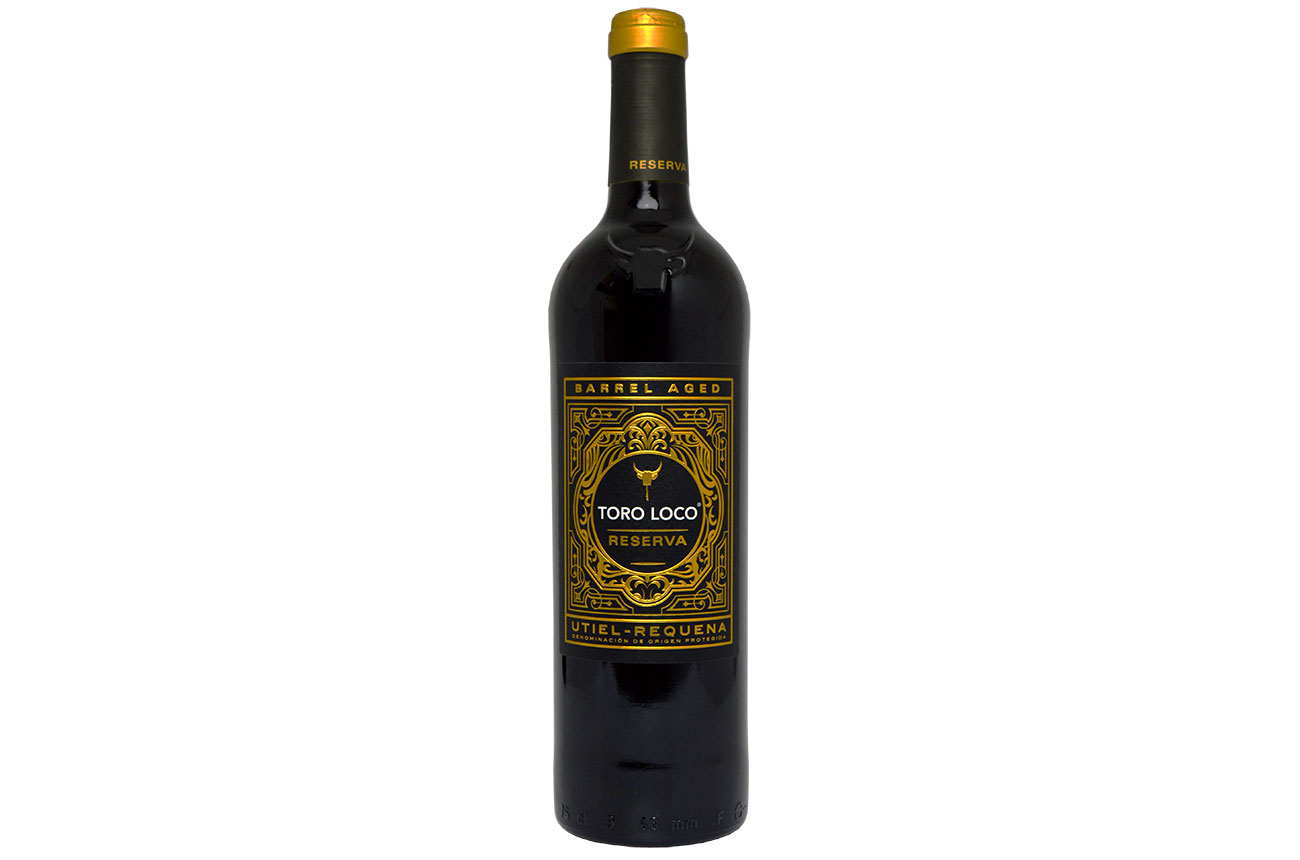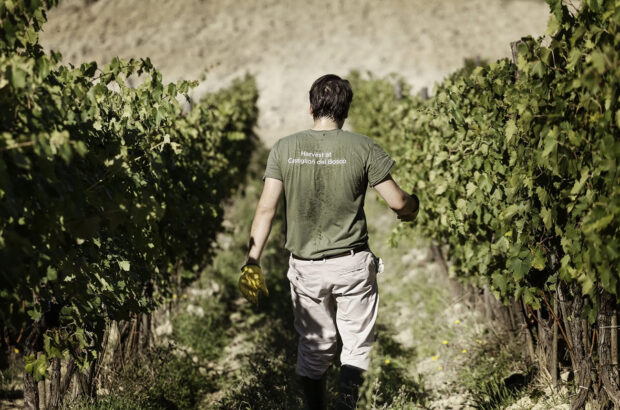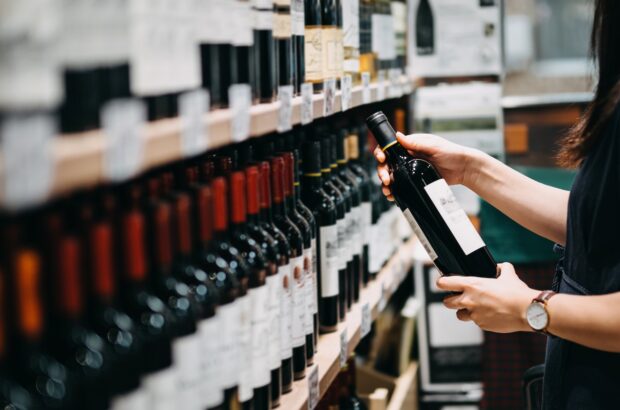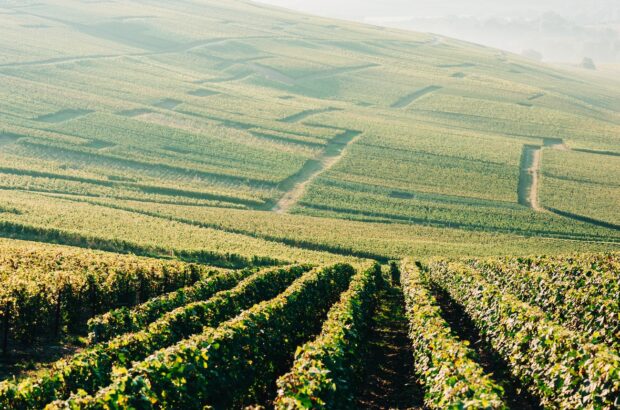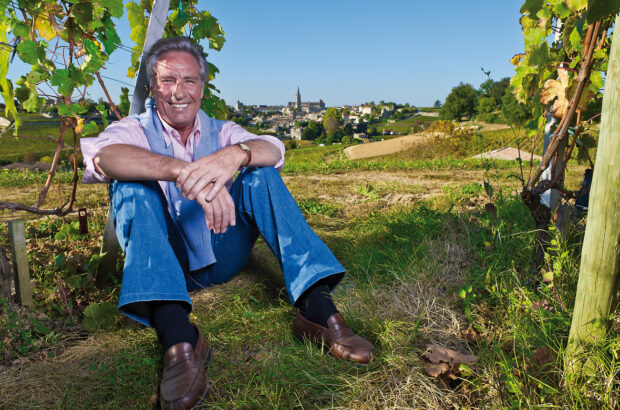Located in Valencia province in eastern Spain, DO Utiel-Requena has a long history of producing wine, but isn’t a region that’s weighed down by tradition. Keeping one eye on the future, this innovative and forward-thinking DO has plenty to offer both winemakers and wine lovers.
Its dynamic approach is firmly rooted in its heritage, its land and its people. That heritage is founded on thousands of years of winemaking history. Archaeological remains dating back as far as the 6th century BCE provide evidence of winemaking first by Phoenician settlers, then Greeks and Romans. This flourishing viticultural scene was developed by locals over subsequent generations, creating the unique character of the region’s wines today.
That regional character is based on several distinct natural advantages. First, the climate in Utiel-Requena is particularly well-suited to grape-growing, making it easy for producers today to work sustainably and organically. Second, the DO has a unique native grape variety that is perfectly adapted to its environment: Bobal. First documented in the 15th century, Bobal now accounts for 67% of plantings in the DO’s 32,560ha of vineyards.
What’s more, nearly half of these plantings are old vines; a rich resource for the area’s winemakers, as well as a safeguard against climate change. Naturally tolerant to drought, Bobal is better suited to extremes of temperature than other grape varieties and the DO is funding a research project, ValoraBobal, to identify clones capable of adapting to climate change and producing high quality wines.
People power
This is one example of how the human factor is driving the wine industry in Utiel-Requena. With 5,000 wine-growers and 110 wineries, wine is the economic engine of the area and the DO is keen to capitalise on its many advantages.
Proximity to Valencia (just one hour away) has created an opportunity for wine tourism. Utiel-Requena can list its wine route, the beautiful Hoces del Cabriel nature reserve and unique regional gastronomy among attractions for visitors. Geographically the region is also in a good location for transportation and logistics for both the domestic market and exports.
Crucially Bobal offers a point of differentiation in the international wine market. The past decade has seen a huge change in the grape’s fortunes as winemakers have pushed the bar to create high-quality, authentic single-varietal wines that are capturing the attention of wine lovers around the world.
An increasing number of wineries are joining DO Utiel-Requena, as they realise that by working together it is easier to maintain and grow this international presence. Receiving training, information and support from other producers, as well as the DO, gives them a competitive edge that they simply wouldn’t have working alone. As one producer notes below: ‘Unity gives strength.’
Among the benefits of belonging to the DO are easier routes to market and improved visibility and credibility for individual brands. The council also has a certification service, accredited by the ENAC, the National Accreditation Entity, to ensure the quality specifications for DO – an additional guarantee of confidence for consumers.
Read on to discover why wineries are committed to working with the DO to tell the story of Utiel-Requena and its wines…
Meet the wineries
Five wineries explain why they are proud to produce wines in Utiel-Requena and recommend one of their wines that expresses the unique terroir of the region
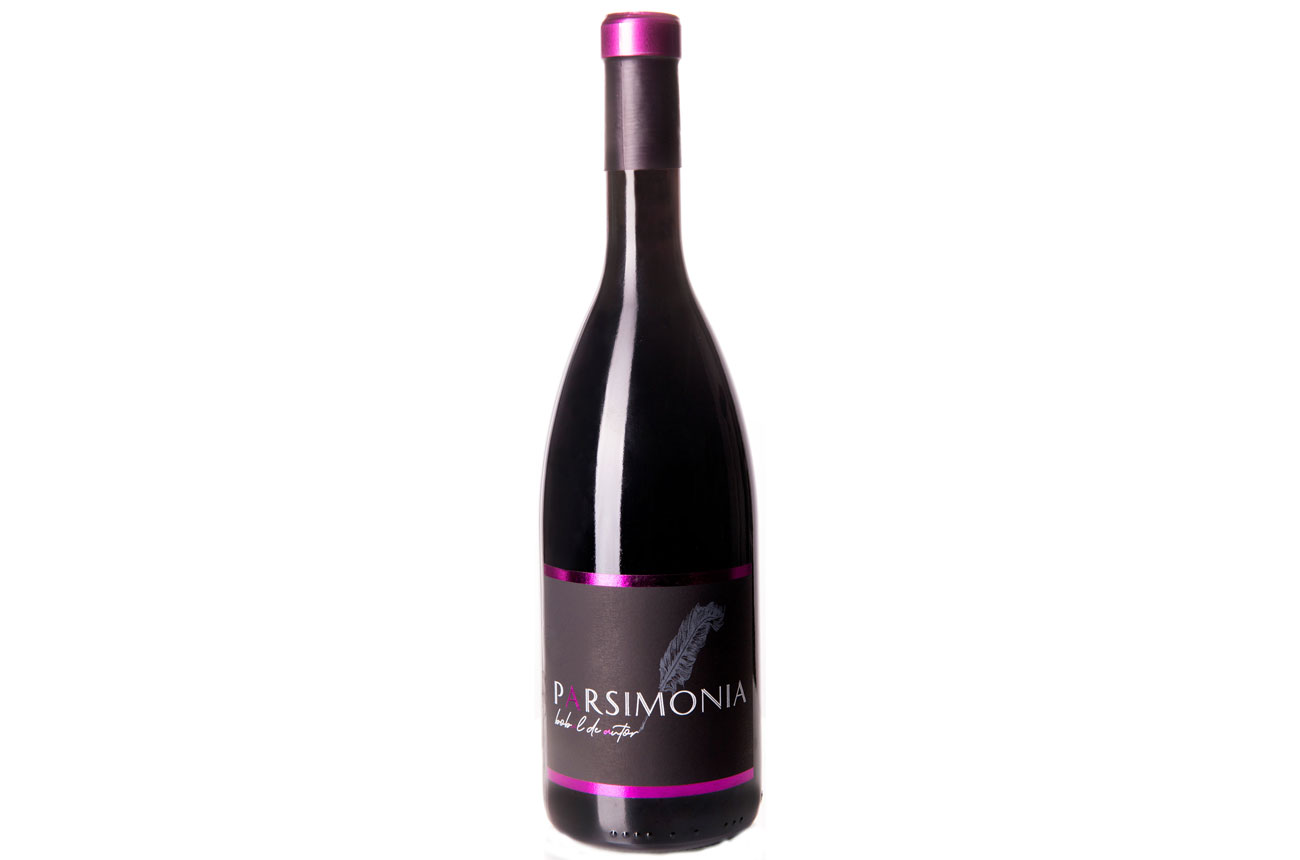
Bodegas VIBE
Raúl Vicente, commercial manager
‘We started the winery in 2015 because my father loves the area; he has family connections and spent every summer here. This DO attracted us because it’s an international ambassador for the Bobal grape. Once an undervalued variety, wineries here are now making high-quality Bobals. We value quality over quantity.
‘The DO sets recognised standards for quality in the vineyard and winery; a certification service ensures that producers comply with these specifications. Assured quality and traceability is a guarantee for the consumer.
‘Our winemaker, Juan Carlos García, comes from a wine-growing family going back three generations. He was a pioneer in making wines with Tardana, a native white grape from Utiel-Requena.
‘We look to the future with hope. We’ve renovated our winery and bought land to expand our cultivation of Tardana. We buy old vineyards and take care of the grapes.
‘DO Utiel-Requena has potential; it’s connected to the world and better wines are being made all the time. Being within the DO benefits us because it’s hard for one winery to distinguish itself in the world of wine. If there are many wineries doing things well, it’s much better for everyone. Unity gives strength.’
Wine to try: Parsimonia Bobal de autor 2017
Made from vines aged over 65 years, fermented in new French oak and aged on lees for four months. Intense aromas of plum compote and blueberries with hints of balsamic and mocha. A balanced wine: full-bodied and silky textured, with well-integrated tannins.
BVC Bodegas
Benoit Calvet, presidente
‘I’m from France but I love Spain and have visited for many years. I fell in love with DO Utiel-Requena. It is full of nature; red earth and green leaves. I have been producing wine here for 20 years. Little by little, I learned about the area and its people.
‘A great advantage of the DO is that it can produce wines with freshness, thanks to the altitude of the vineyards and the cold nights. The second advantage is the organic potential. ‘When it is pampered, Bobal produces high quality wines. Bobal grape bunches are shaped like a bull’s head, which gave us the idea for our Toro Loco brand. There are now 3,000 wine-growers involved in the project.
‘Toro Loco is now a global brand and is in the top 10 of Spanish wine brands exported in the world. BVC, the co-ops and the DO have worked together, learning how to make more international wines.
‘I am a Frenchman who is betting on authenticity. I believe in the potential of Utiel-Requena and the concept of a DO with identity and authenticity.’
Wine to try: Toro Loco Reserva 2017
A blend of Spanish grapes Tempranillo (50%) and Bobal (30%) with Merlot and Shiraz (10% each), aged for three years including one year in American oak. A balanced wine with velvety tannins. Attractive ripe fruit notes of plum and black cherry paired with hints of vanilla.
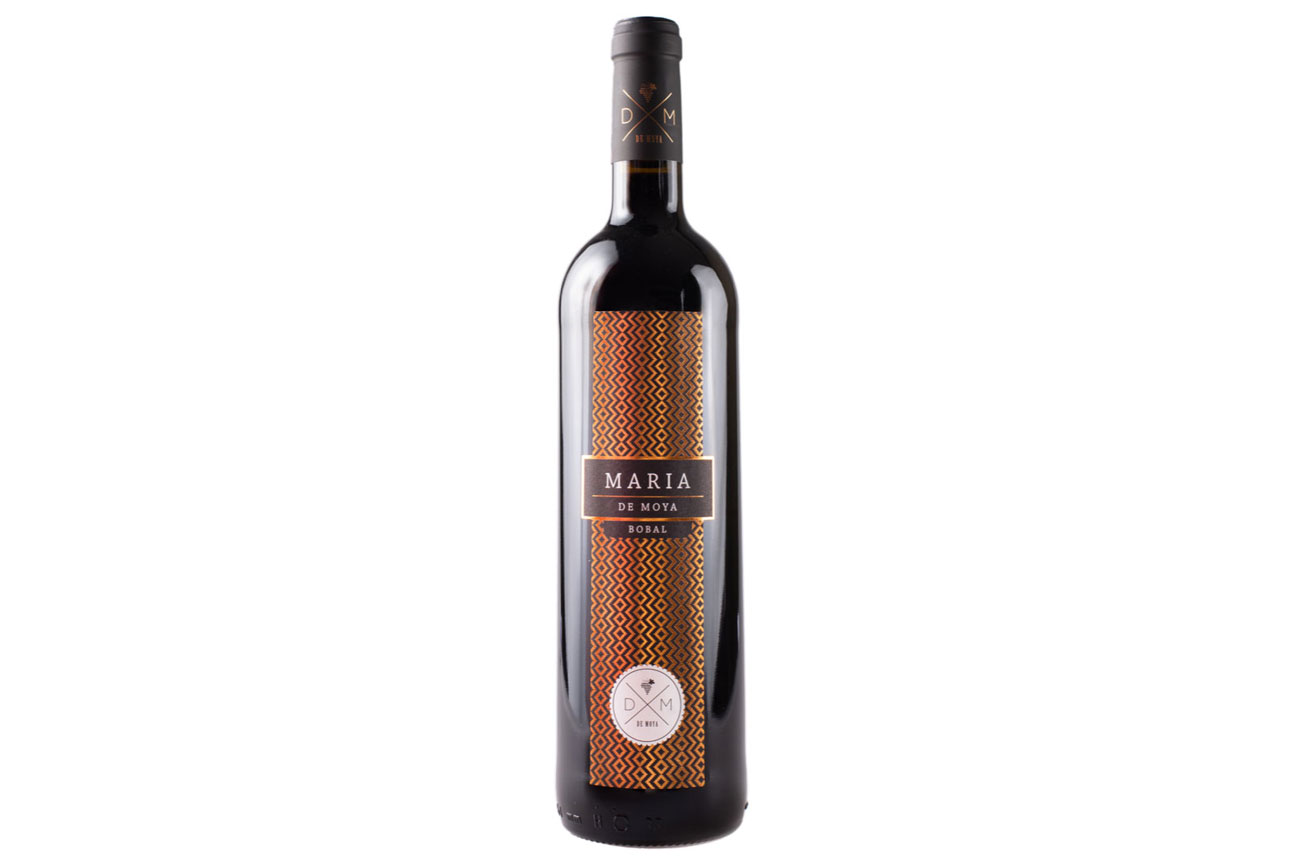
Bodega De Moya
Yves Laurijssens, founder
‘We are a Belgian family that relocated to Spain in 2012 to start a brand new winery: De Moya. Of course, moving to a foreign country with three small children and jumping into a new project needed good preparation.
‘I travelled through Spain for nine months, tasting wines, talking to farmers and winemakers. When searching for the perfect location I had three criteria that were very important to me: I wanted to make a powerful red wine, using an indigenous grape variety and it had to have the potential to offer high quality wines for a reasonable price.
‘With this in mind, I arrived in the region of DO Utiel-Requena and fell in love with the Bobal grape, which met all my criteria. Bobal is a fruity and fresh variety, with a good acidity that produces well-structured, velvety red wines.
‘The region includes many old dry-farmed vineyards, situated in a wonderful setting between forests and mountains, with great biodiversity. These old vineyards provide rich, complex and exciting wines that pair well with food.
‘In the winery we let two worlds meet: old craftsmanship and modern technology. That’s how we produce high quality wines for a reasonable price: “affordable luxury”.
Wine to try: Maria 2018
Named after the family’s eldest daughter, Maria is a blend of 90% Bobal and 10% Merlot from vines aged between 35 and 45 years old, situated at an altitude of 850m. Aromas of blackberries, dried figs and blueberry jam with notes of spice, vanilla and coconut. Good depth and freshness on the palate, with well integrated tannins.
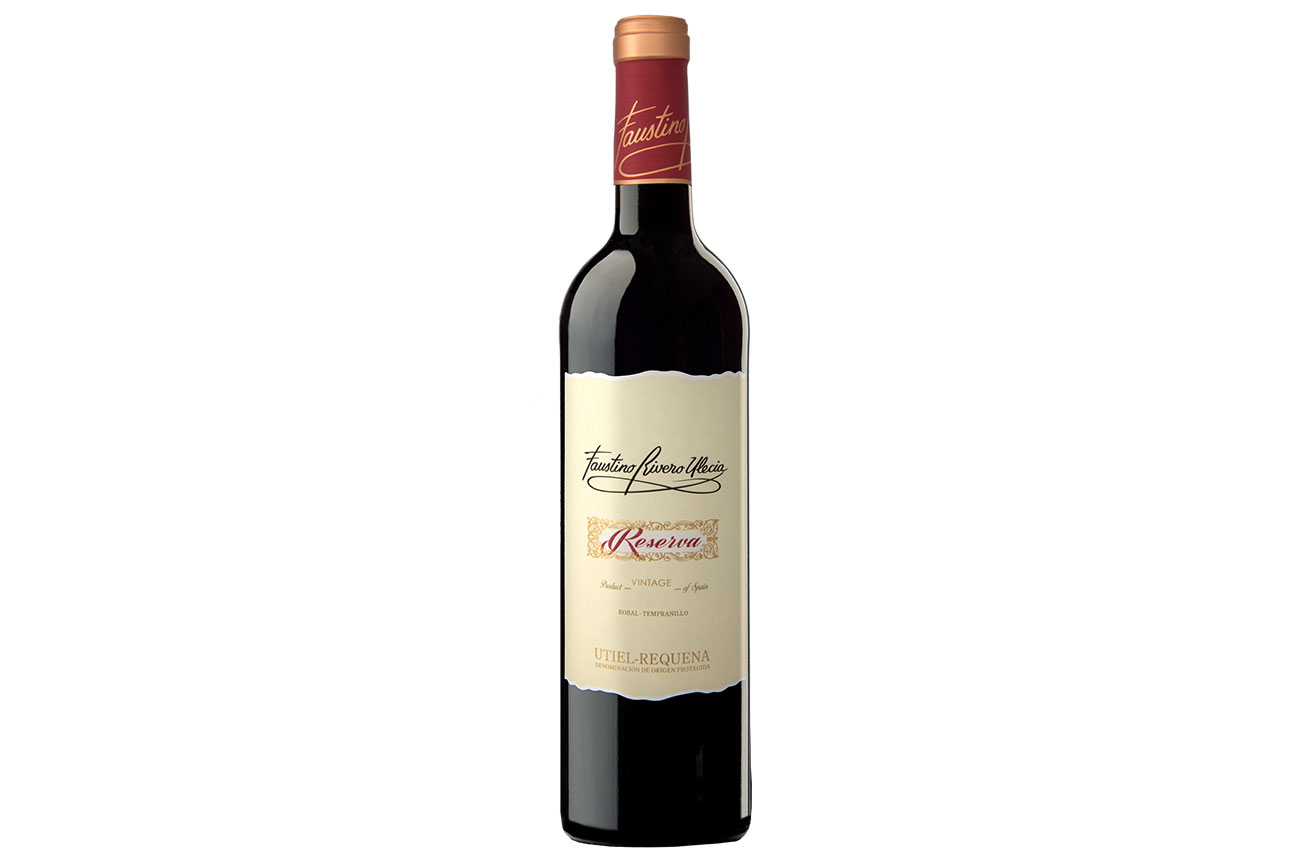
Faustino Rivero Ulecia
Jorge Rivero, commercial director
‘Our great-great-grandfather founded the company in Rioja and generation after generation we’ve been adapting to the times. In 1980, with the fourth generation, my father began to travel the world and expand our range of wines. Customers began to demand more variety from us.
‘In 1997 my father and uncle travelled to Requena and fell in love with the altitude of the vineyards and with Bobal. We began making wines at the Requenense Wine Cooperative; it started small, growing with investments in barrels, equipment and personnel. Today our winemaker is Rafa Ochando.
‘We are very fond of DO Utiel-Requena. This is the only area where you can find Bobal, which is an important point of difference in the market. In addition, Bobal is making a name for itself as a source of high-quality wines.
‘We have fallen in love with the region’s aged wines. With American oak they give spectacular results. The mixture of Tempranillo and Bobal, both in crianza and reserva styles, is what characterises us.
‘Positioning the wines of the DO Utiel-Requena as quality wines will benefit all wineries; educating consumers and creating a brand for everyone. That is why it’s important to be united. We are part of something big.’
Wine to try: Faustino Rivero Ulecia Reserva 2016
A blend of Bobal and Tempranillo from vineyards at 700m, aged in American oak for 24 months. Aromas of ripe black fruit and plums, with a toastiness. The palate is velvety and well-rounded, with harmonious oak.
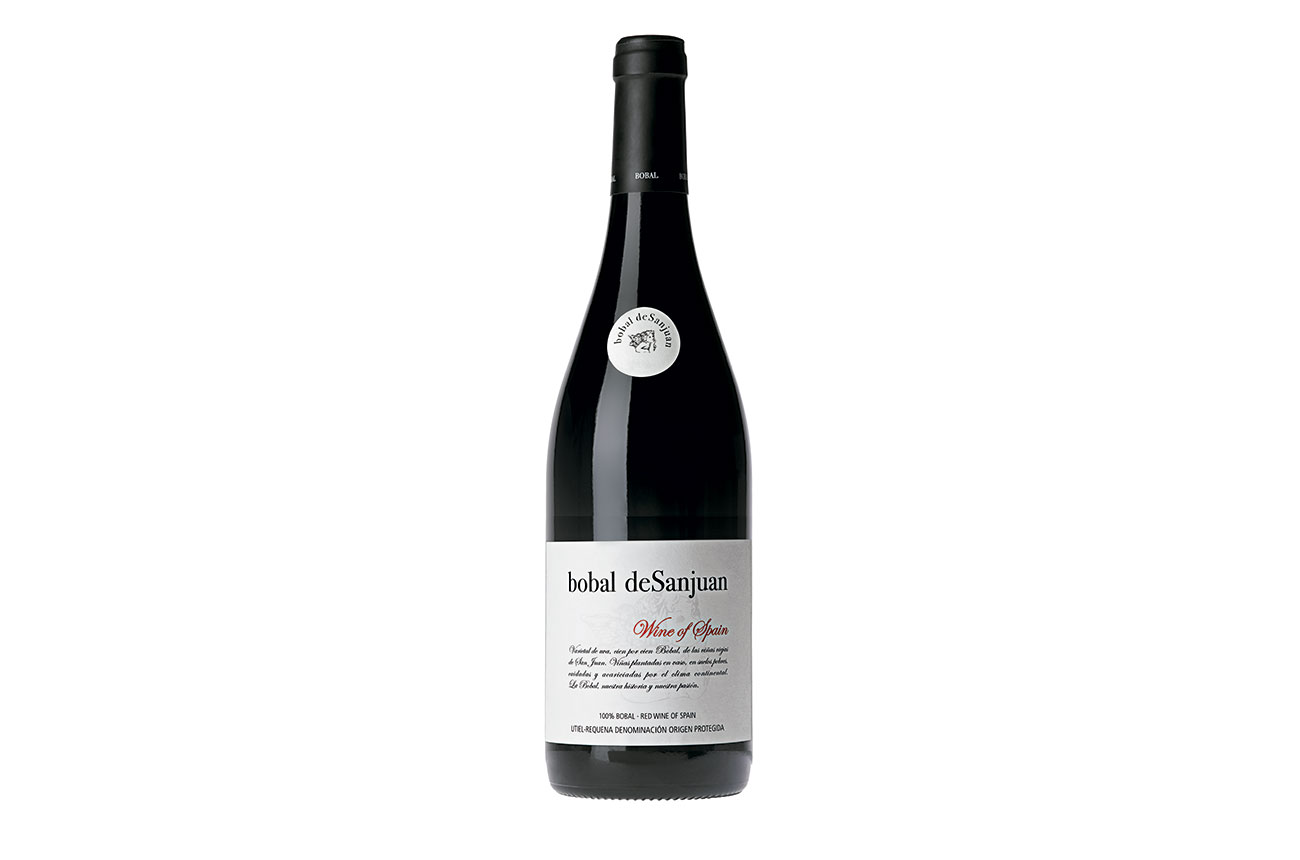
Viticultores de SanJuan – Valsangiacomo
Marta Valsangiacomo, marketing manager
‘The Valsangiacomo family has been in the world of wine since 1831. At the beginning of the last century, the fourth generation started to work with Viticultores de SanJuan cooperative in Requena. This tiny winery in a small village preserves old concrete tanks for winemaking, only using the Bobal grape.
‘Since 2009 the fifth generation of the family has owned the SanJuan winery, starting a project based on old Bobal vines and cooperative working in order to continue the legacy of viticultores in the SanJuan area. It promotes recovery and job stability in a rural area, and the attachment of the population to its village.
‘We like the philosophy of cooperativism; we work side-by-side with growers to give added value to what they have been doing all their lives.
‘We also value sustainability, since we work with old vines. Our initial inspiration for this project 14 years ago was the recovery of old Bobal vineyards. We have a responsibility to safeguard our wine heritage, so we work to prevent Bobal vines from being uprooted.
‘The winery only processes Bobal grapes, with minimal intervention. We make rosé and red wine, fermented in cement tanks.
Wine to try: Bobal deSanjuan Tinto 2019
A polished Bobal, aged for 10 months in a raw concrete tank to preserve the fruit expression. Intense red fruit aromas, with hints of violets, black pepper and liquorice. The palate is fresh and elegant with firm tannins, peppery spice and good depth of ripe strawberry and cherry fruit.



